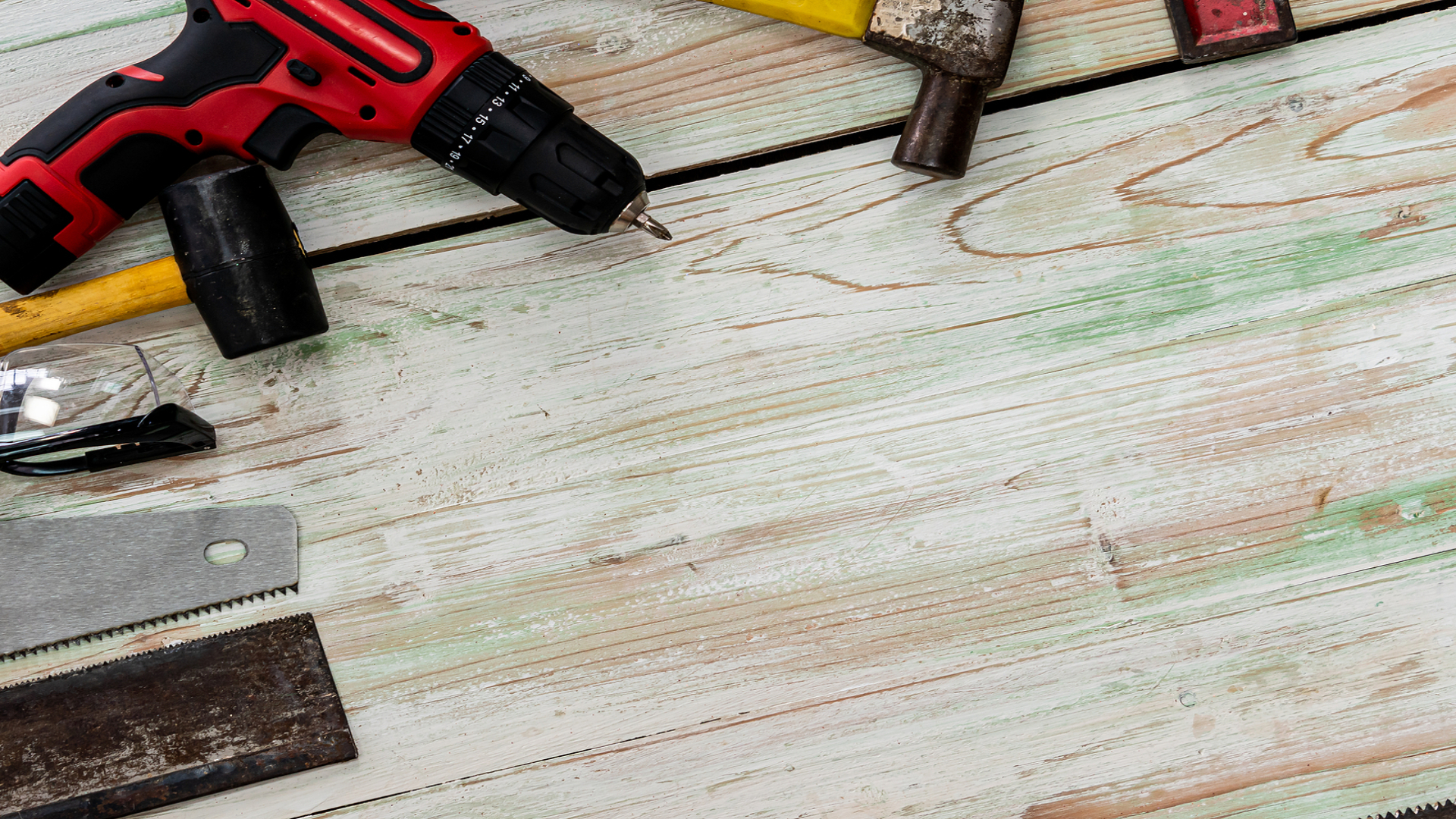
Can a DIY security system save you money vs. hiring a security company?
For those looking to increase the safety of their home or business, it can be tempting to consider doing it yourself. While it might take you—on your own—longer to install the system, in the end you’ll end up saving money versus hiring a professional security company, right?
What you may not know is that installing a proper security system is a pretty involved process, especially if your goal is to achieve comprehensive security that you can rely on and monitor from anywhere. If you are considering a DIY security system installation, here is what you need to know.
What expectations do you have for your security system?
Before you get started with your DIY installation, you should map out what your goals are. Are you upgrading or replacing existing equipment? Do you have a specific problem—such as a recent string of break-ins—that you are trying to address? Or do you want to bring your home or business into the 21st century with smart security tech?
Once you’ve decided on the scope of your project, you should list out the equipment, tools, and other supplies that you need. If you don’t already have a well-stocked toolkit, you could be spending a lot of money to fix that, and that’s before the cost of security equipment. Some of the tools you can expect to need for a DIY security installation include:
- Hammers
- Standard, socket, and adjustable wrenches
- Phillips and flathead screwdrivers
- Drywall saw
- Hacksaw
- Crimper
- Cordless drill
- Hex keys
- Wire cutters
- Wire strippers
- Pliers
- Utility knife
- Safety glasses
As you can see, you probably have some of the necessary tools, like hammers and pliers. But others, including wire cutters, wire strippers, crimpers, and hacksaws are more specialized. While you can find these tools at your local hardware store, actually using them properly and safely may prove more difficult, while also inflating your project’s budget.
To control the cost associated with specialized tools, some DIY enthusiasts tend to buy cheaper tools and security tech. This can make a DIY installation more inexpensive, but cheap tools and equipment rarely result in comprehensive, reliable security.
Installing wired security equipment may require you to hire an electrician.
While it is true that many security devices are wireless—smart doorbells, for example—you can’t have a professional-level security system that covers your entire home or business without wired devices. Wired security equipment includes:
- Security cameras
- Smoke detectors and carbon monoxide detectors
- Fire alarm components
- Burglar alarm components
Working with wiring can be dangerous. Even if you hoped to avoid paying for anything beyond the security equipment, only trained professionals should install wired devices. Hiring an electrician could cost you more than you originally wanted to pay, but it is the smart, safe choice.
In addition to safety concerns, you may run into compliance issues. Many jurisdictions require that you get permits before installing a security system. Keep in mind that navigating regulations on your own can be time consuming and costly especially if you are not an expert. At the very least, the DIY approach may result in you installing wiring that does not meet local buildings codes, which will pose an issue when the time comes to sell your home or business.
When it comes to systems, professional security companies are likely more aware of the regulations and permits that you are required to have. For business owners, who have to adhere to even stricter building codes, you might cost yourself thousands of dollars in penalties or fines if the system is not properly installed.
Installation mistakes can wipe out the money you hoped to save.
Installing a security system requires some expertise, as you don’t want to set up a system that is ineffective. If you do some research beforehand on how and where to install system components, you might be able to get it done right in the span of a day or so. Of course, you will likely have to tinker with your set up as time goes on to get the most out of your system.
But what if you happen to make a mistake during installation? With DIY projects, you’re the one doing the work, and you’re the one who is going to correct any mistakes you make. But not only do you stand to lose time redoing work, an installation mistake may be more costly than you think.
Think about why you want a security system: for the safety of yourself, family, and belongings, right? If you install a security camera with a view that is obstructed by a plant, for example, you could completely miss a thief attempting to break in. An installation error is the same as no security system at all, meaning your home or business is still exposed to the same threats that you want protection against.
A professional security company will have years of experience under their belt when it comes to installing systems. At Bay Alarm, our security experts go through extensive training. They understand how to install and how to use our security equipment to maximize the security of your home or business. And when you have questions or concerns, you will never go it alone: we are happy to help you and can even send a technician out if needed.
But it’s a different story if you’re doing it yourself. If an issue with your system comes up, you won’t have expert help just a call away. Even if you do contact the manufacturer of the equipment that you bought, their customer service staff won’t have the firsthand knowledge of your home or business and how your system is set up. They will likely only be able to offer general technical support.
DIY security systems are not professionally monitored.
We have written about the difference between monitored and unmonitored security systems. If you want DIY security, then monitoring probably isn’t on your radar—but maybe it should be.
Security cameras, burglar alarms, fire alarms, and smoke detectors are devices. Devices alone cannot call the police or contact the fire department. If you aren’t physically present when an alarm goes off, there is a chance that emergency services won’t respond to your home or business in time to help, simply because nobody contacted them.
The good news is that you can connect to and monitor most security devices from your smartphone, so even if you aren’t home you can still get alerted if an alarm is triggered. However, this is not live alarm monitoring. It’s still up to you to take action if there is an emergency. If you’re busy and away from your phone, or don’t have reception, it may be hours before you take action.
At Bay Alarm we employ a team of alarm monitoring agents whose sole job it is to take action when they receive an alarm alert. They work quickly to determine if the alarm is a false alarm, or if emergency services should be contacted. And just as with DIY security devices, Bay Alarm’s security devices also send a notification directly to your smartphone when an alarm is triggered. With Bay Alarm, you still get all the modern security system features you expect, while having a team of agents working 24/7 to ensure your home or business is safe.
There is no denying that a DIY security system is practical and achievable. If you’re willing to take your time and really understand how to install your system and how it should operate, and you’re careful with your budget when shopping for tools and materials, you might end up satisfied and save a little money.
However, professionally installed security systems can ultimately get you more bang for your buck. You can avoid the difficulty of a potentially complicated installation, get expert system support whenever you need it, and even take advantage of 24/7 alarm monitoring.
At Bay Alarm, we have decades of experience installing residential and commercial security systems. If you want a security system that is functional and comes with features and tools that make controlling and monitoring your system easy, then turn to Bay Alarm! Call us today or fill out our online contact form.

